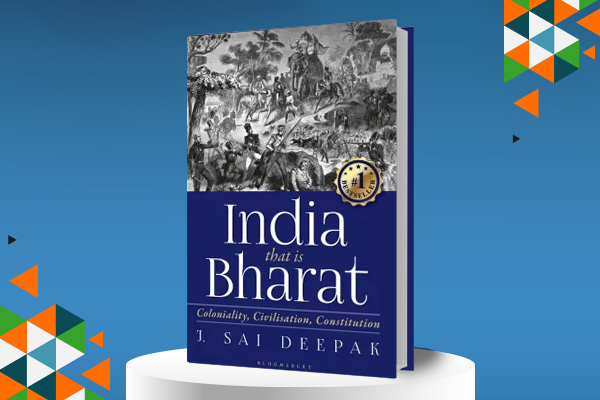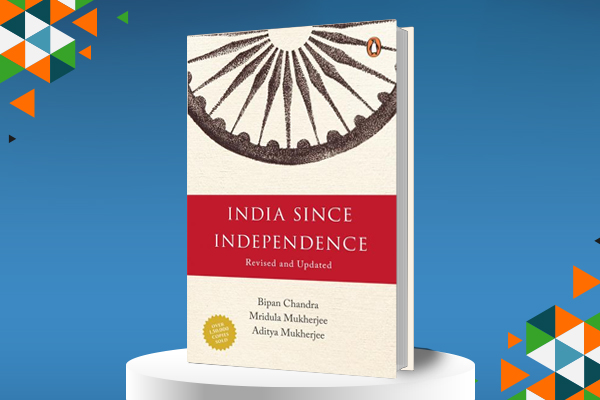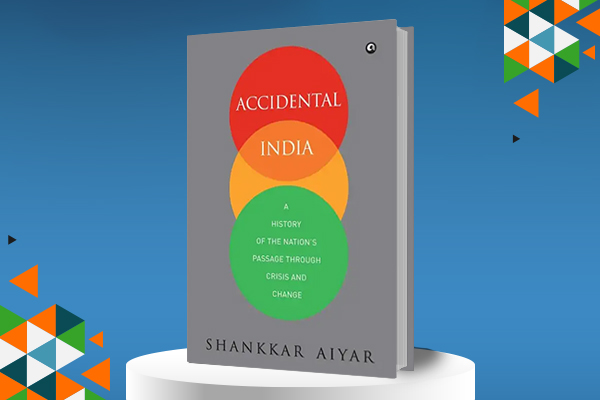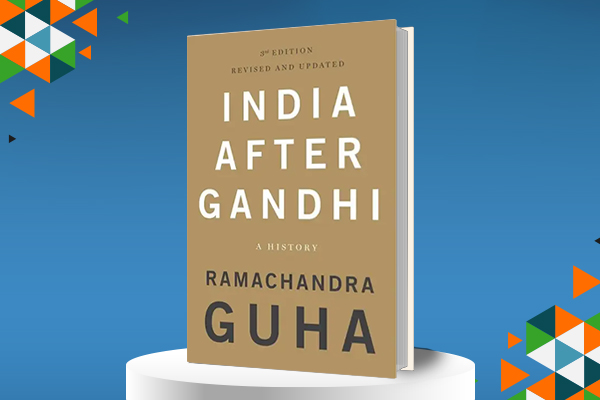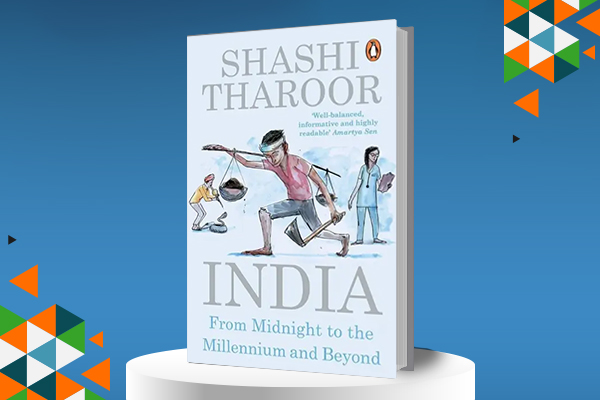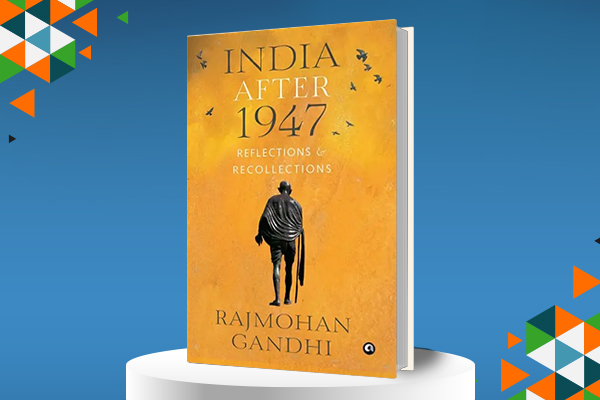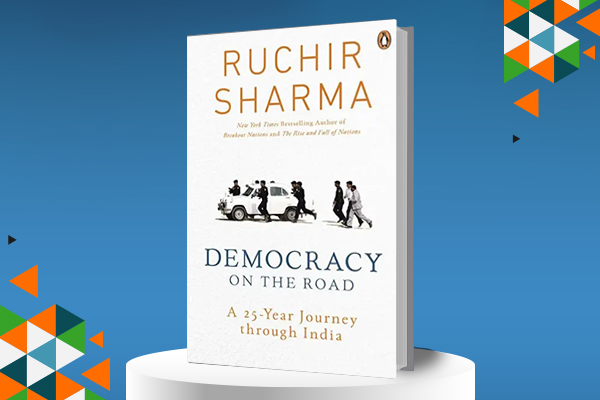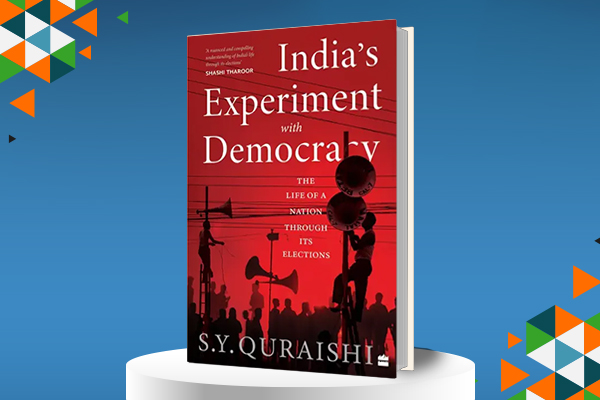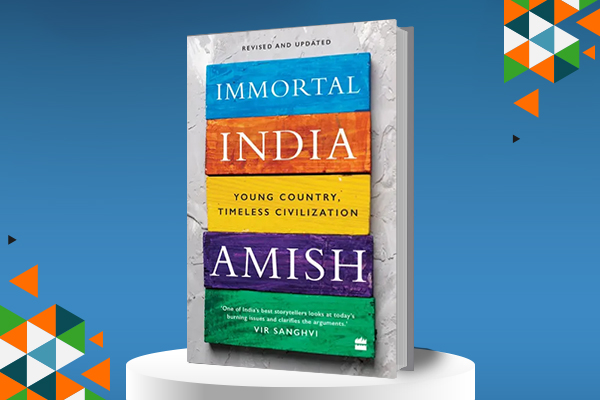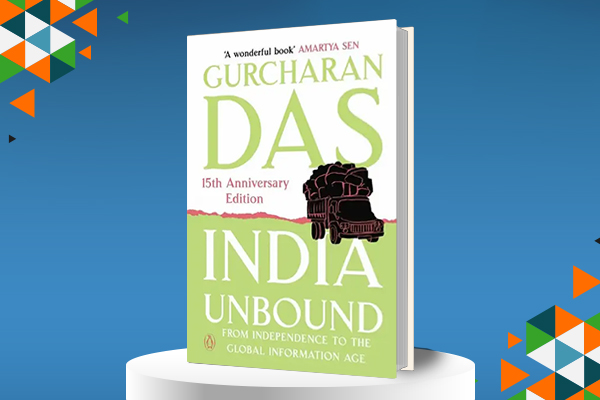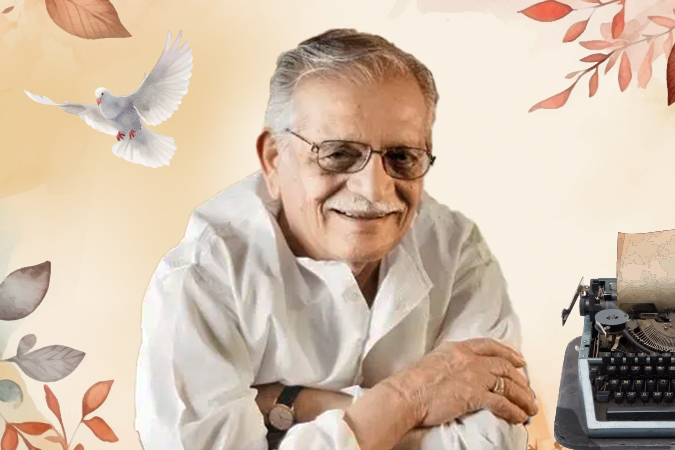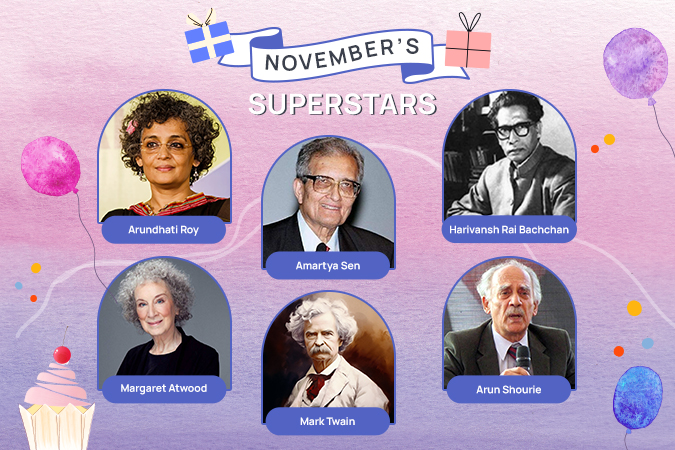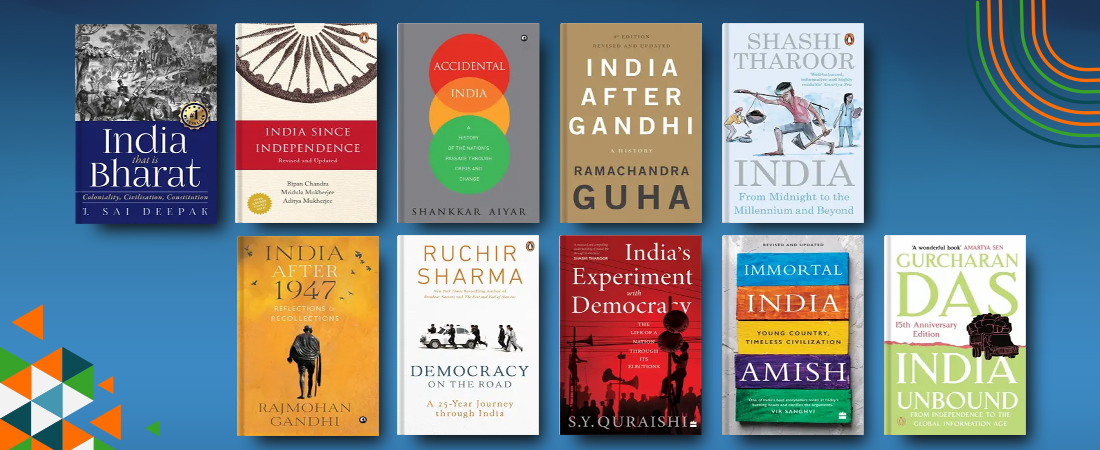
Insightful Book Recommendations to Understand Modern India
If you’re looking for books about India that dive deep into its journey post-1947, this is the list for you. From the birth of democracy to the quiet revolutions that shaped policy, economy, and identity—these books offer compelling insights into India’s evolution.
Why does this matter? Because understanding where India stands today begins with tracing how far it has come. These books unpack the layered story of the world’s largest democracy—its turning points, triumphs, and ongoing debates.
Why Read Books About India After Independence?
Reading about post-Independence India helps us connect the dots—from freedom to the framing of the Constitution, from economic reforms to modern-day challenges. These books offer multiple lenses to view India: historical, political, economic, cultural, and social. You begin to understand not just the facts but the forces that have shaped India as we know it.
They also introduce you to influential figures—leaders, thinkers, reformers—whose ideas shaped policies and people’s lives. These reads are not just history lessons. They’re guides to understanding democracy, development, diversity, and everything in between.
10 Must-Read Books About India After Independence
This book takes you back to the roots of Bharat and asks tough questions about colonial hangovers in modern India. Deepak explores how colonial thinking—religious, racial, and political—continues to influence India’s Constitution and education system. It’s the first in a trilogy and challenges readers to rethink how India sees itself. You’ll walk away with a deeper understanding of “decoloniality” and what reclaiming indigenous identity means in today’s world.
This one’s a modern classic. It offers a sweeping overview of India’s journey from 1947 to recent years. You’ll read about Constitution-making, political parties, economic policy, caste reform, and regional movements. It breaks down India’s highs and lows with clarity and fairness. For anyone who wants to understand how India matured into a democracy, this is a go-to read.
Here’s a fresh take: India’s biggest transformations weren’t planned—they were reactions to crises. Aiyar narrates the stories behind events like the Green Revolution, nationalisation of banks, and the 1991 liberalisation. Each chapter reads like a thriller-meets-policy paper. The key takeaway? India stumbles forward, but it moves—and often in extraordinary ways.
Guha’s magnum opus is one of the most definitive accounts of modern India. It goes beyond politics and into people’s lives—tracking social changes, conflicts, culture, and ideology. You’ll learn about four key crises faced by the nation and how India handled them. With archival research and engaging storytelling, this book explains how the Indian idea survived and adapted in the post-colonial world.
Equal parts personal and political, this book blends memoir with sharp analysis. Tharoor, a diplomat and historian, reflects on India’s democracy, caste issues, corruption, and the contradictions that define the country. He explains how India balances modernity with tradition, and why its future matters globally. A must-read for anyone trying to understand the soul of India today.
This insightful book explores India’s post-Partition identity. Gandhi presents a transparent view of communal politics, democracy, and nationalism. With deep research and accessible writing, the book offers context for India’s current challenges—like the rise of Hindu nationalism—and how the nation continues to negotiate identity and inclusion. It’s a balanced, fair look at complex issues.
Ever wondered what Indian elections feel like on the ground? Sharma spent 20 years travelling during elections and documents the moods, anxieties, and opinions of everyday voters. From tea stalls to political rallies, he captures the chaotic charm of Indian democracy. It’s fast-paced, witty, and a great read if you love politics with a human touch.
The former Chief Election Commissioner offers a sharp analysis of Indian democracy—its principles, challenges, and institutions. Quraishi discusses how the Constitution, the Election Commission, and civil liberties interact to shape a robust yet vulnerable democratic system. Ideal for readers interested in governance, law, and the delicate balance of secularism and statehood.
This book is a powerful blend of speeches, essays, and reflections. Amish explores India’s past and present through themes like mythology, religion, ethics, and governance. It’s a deeply patriotic yet thoughtful book that offers both emotional and intellectual connection with India’s civilisational journey. A great pick for young readers seeking cultural pride with modern perspective
Das narrates the story of India’s economic transformation from the 1940s to the 1990s. With storytelling flair, he explains how liberalisation changed everything—from enterprise to middle-class dreams. It’s a sharp, personal and persuasive account that helps readers understand the economic engine driving new India. If you’re curious about business, growth, and the Indian dream, this is it.
Whether you’re exploring India’s post-colonial identity, its democratic resilience, or its economic growth, this reading list gives you a front-row seat to history in the making.

